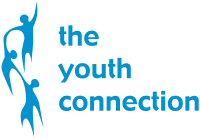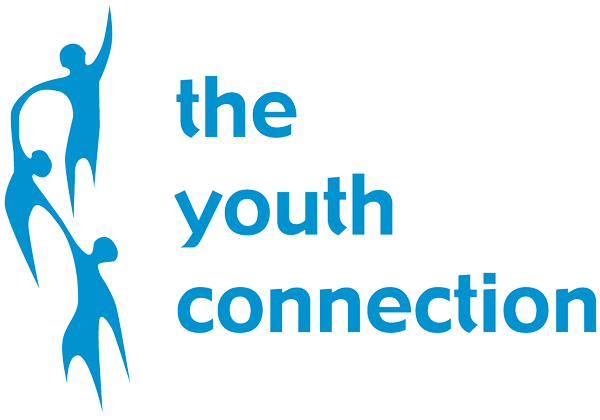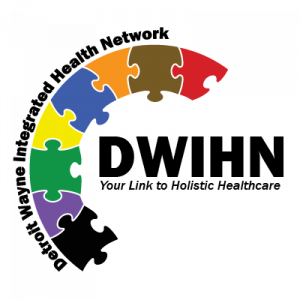

Participants who complete the training and surveys will receive a certificate of completion and directions on how to receive a FREE Narcan Overdose kit (with 2 FREE doses of Narcan nasal spray that reverses opioid overdoses) from The Youth Connection.
If you have any questions, please send an email to Heather Fitzgerald HERE.


24/7 FREE & CONFIDENTIAL HELPLINE 800-241-4949
24/7 FREE & CONFIDENTIAL HELPLINE
In 2021, there were 494 opioid-related deaths in the city of Detroit. During that same time, EMS responded to almost 2,500 opioid overdoses, using Narcan to revive the individual. The majority of these overdoses and deaths occurred among Black men over the age of 45. We can reduce this number by removing the stigma surrounding SUD (Substance Use Disorder), educating our community about the dangers of substance use, and being prepared by getting trained to administer Narcan (a life-saving nasal spray used to reverse the effects of an opioid overdose).
If your loved one starts behaving differently—such as acting withdrawn, frequently tired or depressed, or hostile—it could be a sign he or she is struggling with a Substance Use Disorder (SUD).
Friends and family may overlook such signs, believing them to be temporary (due to stress or puberty) or avoid confronting the changes for fear of offending or further distancing their loved one.
Other signs include:
Because SUD is a progressive disease, intervening early greatly increases the likelihood that the person will recover. Take warning signs seriously and try having an honest conversation with your loved one. You can offer to help them get an assessment—the critical first step to getting treatment.
If your child is struggling, set up a doctor’s appointment with a provider who can screen for SUD and other mental health conditions using standard assessment tools, and refer your child to an appropriate specialty treatment provider if needed.
Not all people who are struggling with a SUD enter treatment willingly. Because this is a particularly sensitive and scary juncture for the person who is struggling, try to be a pillar of support and patience while prioritizing getting them in to see a doctor with experience treating SUDs.
24/7 FREE & CONFIDENTIAL
HELPLINE 800-241-4949
24/7 FREE & CONFIDENTIAL
HELPLINE
Copyright © 2021
Be A Hero. Stop an overdose.
All Rights Reserved.
Website Design by Chris Davis Digital
Powered by
The Youth Connection


